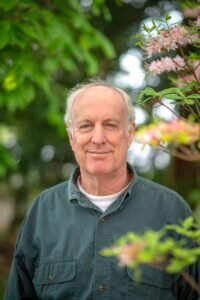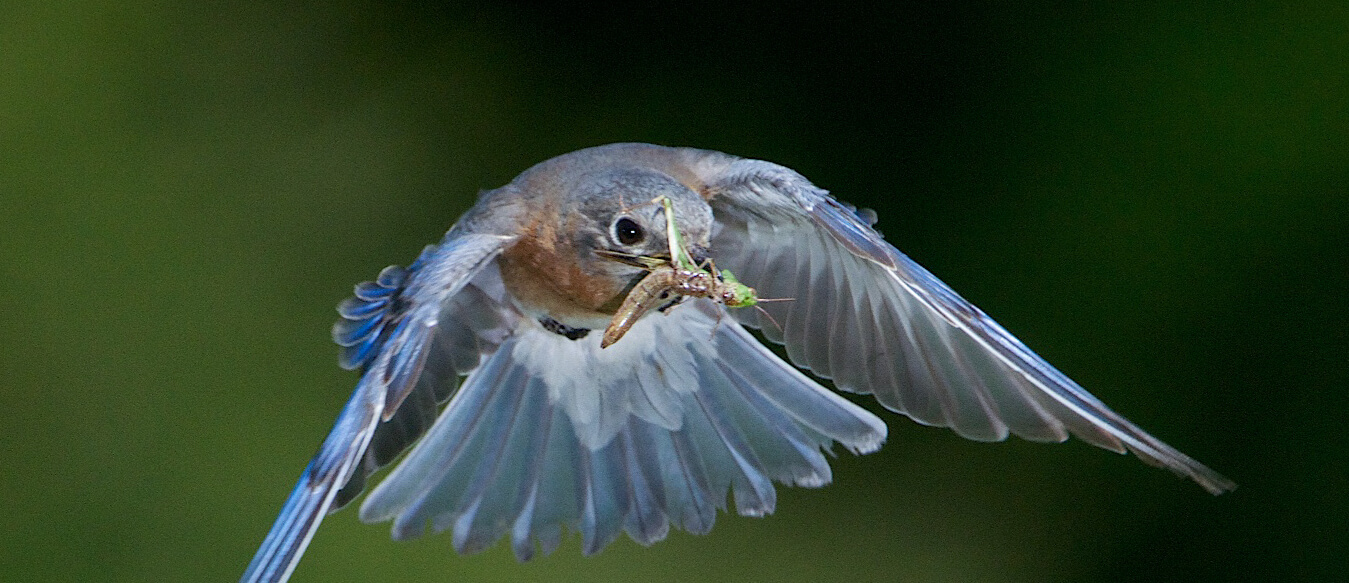On Tuesday, Jan. 23, 2024, at 7 p.m. in Pollak Theatre

The School of Science is proud to host best-selling author Doug Tallamy, Ph.D., professor of Entomology at University of Delaware and author of Nature’s Best Hope and the Nature of Oaks will present on what you can do in your own yard or balcony to fight climate change, create climate resiliency, and create beauty in your own backyard. Fighting Climate Change at Home: Homegrown National Park will present listeners with a road map on how to fight climate change and create a more ecologically resilient landscape.
Today, there are more than 44 million acres of turf grass in the U.S., an area larger than New England. Turf grass is the worst plant choice for fighting climate change because it is the worst option for sequestering carbon. Our parks, preserves, and remaining wildlands—no matter how grand in scale—are too small to sequester the amount of carbon needed to impact climate change. Moreover, they are also too small and separated from one another to sustain the native trees, plants, insects, and animals on which our ecosystems depend. These systems must be resilient if we are to have climate resiliency. We now must store carbon outside of parks and preserves, largely on private property, where we live, work, shop, and farm. Thus the concept for Homegrown National Park: a national challenge to create diverse ecosystems in our yards, communities, and surrounding lands by reducing lawn, planting natives, and removing invasive plants, and, in so doing, fight the biodiversity crisis and climate change simultaneously.
The talk will be followed by Q&A and a book signing and a reception. The public is encouraged to bring their own copies of Tallamy books for signature. This will be the first presentation of the 2024 Climate Crisis Teach-in and the School of Science. This event is co-sponsored by the Schools of Social Work and the Leon Hess School of Business. The reception is co-sponsored by Monmouth Conservation Foundation.
Parking is available to the public in the Main Campus Lot. One Community and Urban Forestry CEU is also available for attendance at this event, (with sign in).

